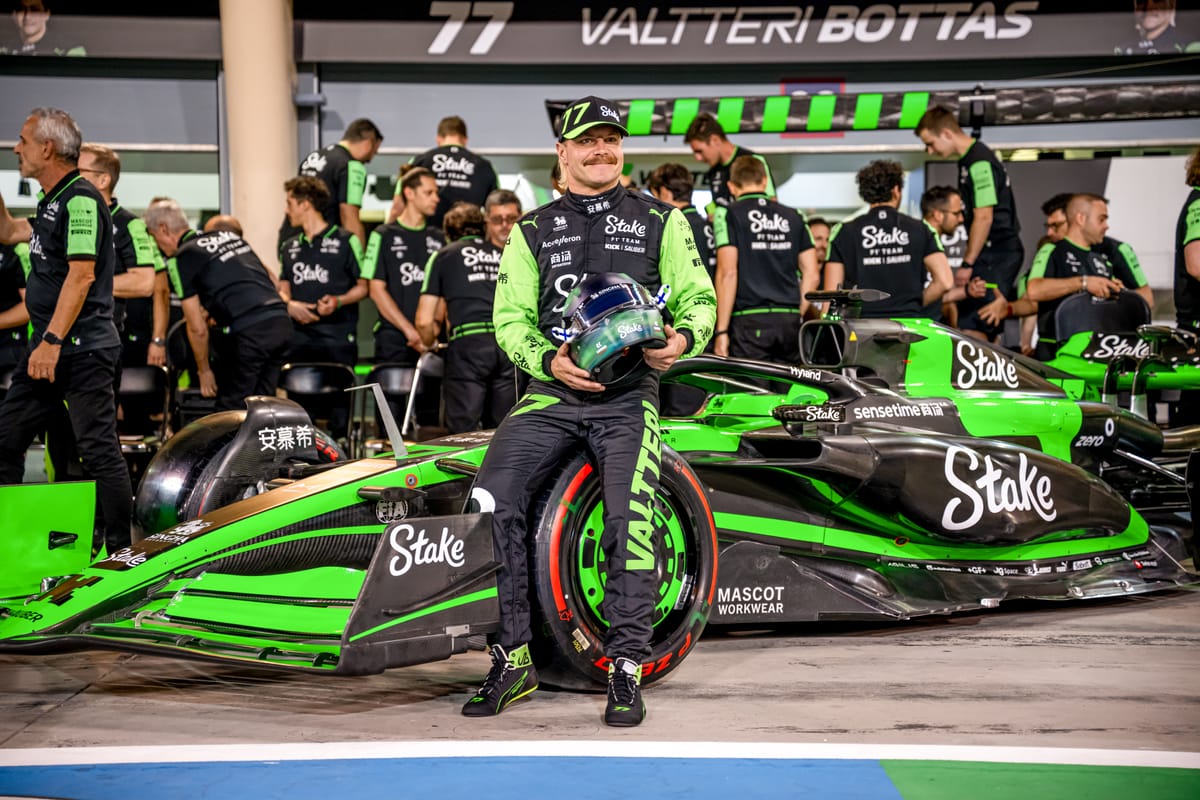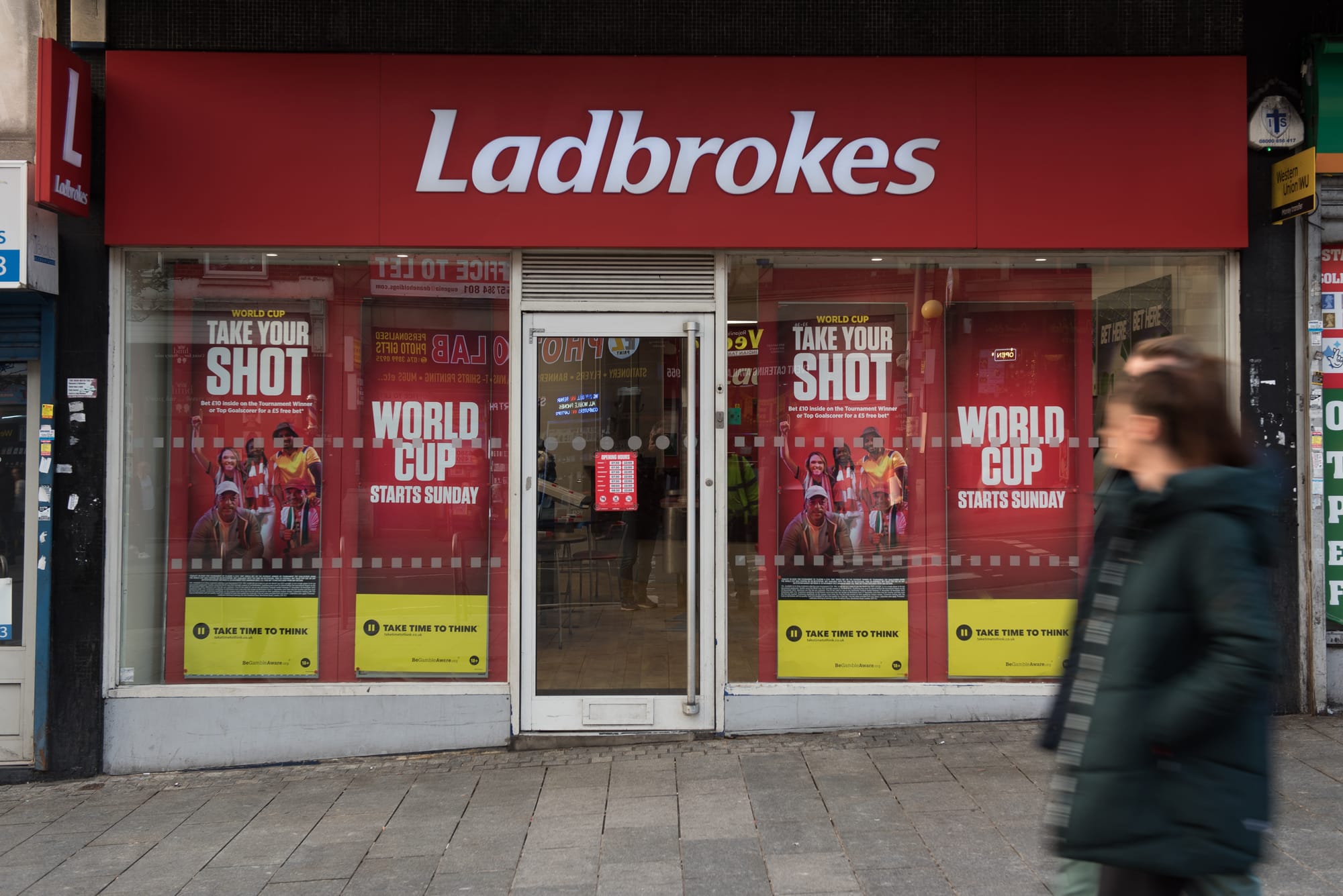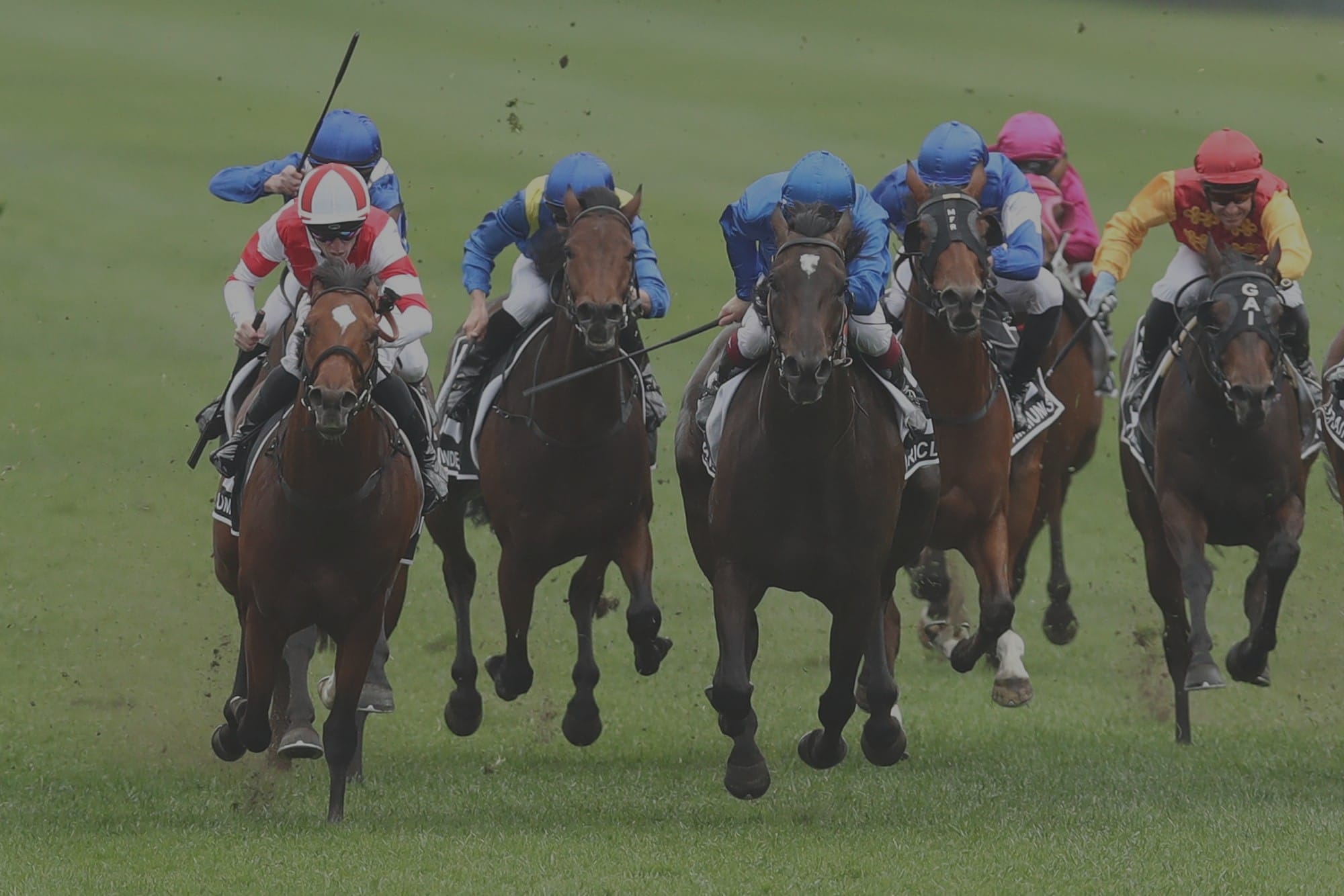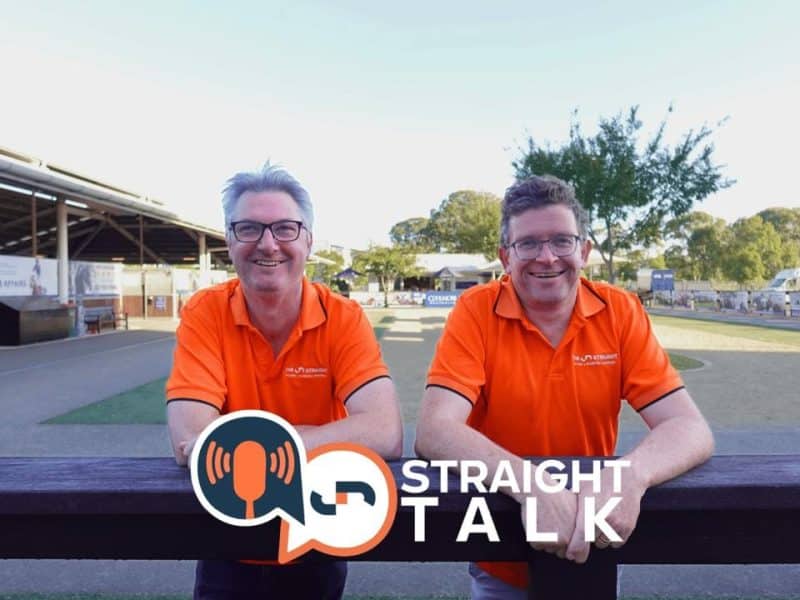Upping their stake – What’s behind Craven and Tehrani’s PointsBet push?
Is there a bigger plan behind Stake.com founders Ed Craven and Bijan Tehrani’s play for a greater interest in PointsBet or is it just part of a global trend of changing investment strategies in a wagering industry in flux, asks Bren O’Brien?

Ed Craven doesn’t have to do much to create a headline.
The crypto-casino whiz kid and billionaire, who is Australia’s richest twenty-something, is easy fodder for the press.
He buys $80 million Toorak mansions, he attends rich political fundraisers, he walks the F1 grid with titans of industry and Hollywood megastars as a sponsor of a team, he has global megastars like Drake sell his brand and his dad even bought Nathan Tinkler’s old beach house.
Few things fascinate the Australian media like new money, and there has arguably been no sharper rise in this area this decade than Craven and his business partner Bijan Tehrani. Their Melbourne-based but Curacao-headquartered company has become a global leader in the crypto-gambling sector.
Very little of their wealth has been built from Australian money. Stake.com’s business is not regulated under Australian law, meaning the company cannot legally take bets from Australian-based customers.
But the local boys-done-good still have local ambitions. They had plans to establish an Australian wagering brand and, last year, according to The Australian, discussed applying for a wagering licence with the Northern Territory Racing Commission. Another day, another headline.
Last December it was revealed that Easygo, the company behind Stake, was building an interest in publicly listed PointsBet. PointsBet has been undergoing a significant transition in strategy having exited the American market with the sale of its American business to Fanatics.
The Australian-based corporate bookmaker has ridden a roller coaster and realised its bets were best placed on home soil (and Canada) rather than against the ‘whales’ of the biggest gambling companies in the world in the United States.

Easygo’s acquisition of 4.2 per cent of PointsBet in December was characterised as ‘quiet’ when first reported by the Australian Financial Review, while elsewhere it was described as ‘secretive’. As mentioned before, anything involving Craven is rarely a secret for long, and buying shares in publicly listed companies is not exactly a discrete play.
Late last month, an ASX release from PointsBet confirmed that Easygo had upped its stake (pardon the pun). It now held just over 5 per cent of total shares qualifying it as a substantial shareholder and notification to the ASX.
Since March 8, Easygo has spent just under $2 million acquiring an additional 2.6 million shares, putting it firmly on the public radar when it came to its Pointsbet interests.
The announcement set tongues wagging both in the media and the broader wagering industry as to what Craven and Tehrani’s PointsBet play might mean. Were the brains behind Stake.com eyeing a meaningful Australian presence?

Their official line, as communicated to the AFR, was that they had confidence in PointsBet’s long-term strategy and the investment was just one aspect of Easygo’s broad range of interests in media, wagering and technology.
PointsBet is an interesting business in what is currently an uncertain Australian wagering environment. It currently holds around a 5 per cent share of the Australian market, but this is growing.
Unlike most of its rivals, it is performing better than expected during a period of downturn across the Australian wagering industry. Last month, it released guidance saying its EBITDA position for the current financial year was substantially better than expected.
It had initially predicted an EBITDA loss of between $9 million and $14 million, but this was revised downward to a loss of between $4 million and $6 million. It is edging towards profitability.
Group CEO Sam Swanell has spoken for several months about a more efficient business model, with less focus on marketing and greater focus on margin. The company has been able to pivot quickly in this regard due to its smaller size compared to the market leaders.

One of the other key reasons why PointsBet is headed in a positive direction compared to Sportsbet, Ladbrokes, and Tabcorp is that it is less exposed to the area of the market that has experienced the greatest downturn. That’s racing.
Tabcorp indicated in its half-year results that 82 per cent of its wagering turnover is in racing. A 5.9 per cent decline in racing turnover dragged down its results downwards. The parent companies of both Ladbrokes and Sportsbet have also reported that racing is dragging on the bottom line of their Australian businesses.
PointsBet is much more focussed on sports, and specifically American sports. Unlike the ‘big three’, it does not have any racing media assets, such as live racing, and markets to younger audiences with betting habits formed around global sports.
These global sports do not attract the same ‘product fee’ arrangement as local sports (or racing, for that matter), so they represent greater value to the bookies. The rise of higher-margin ‘multis’ has also played into the bookies’ hands.
You can see the synergies with Stake as well as its sister company, streaming outfit Kick, and why the PointsBet play may make sense for Craven and Tehrani.
The wagering environment in Australia may be volatile, but launching a global gaming business around crypto has shown these guys have a strong understanding of risk.
Interestingly, last week PointsBet reported to the ASX that Nomura Holdings has reduced its position in the company from 10.6 per cent to 9.4 per cent. This divestment, valued at $1.94 million – is almost identical to the amount Easygo has spent.

Little or no media interest has been devoted to Nomura Holdings investment in Pointsbet. It is a Japanese-based investment company with a massive range of global interests, but not the ‘local’ profile of the Stake duo.
It also points to the fact substantial changes of investment are not unusual in a wagering context. In a volatile environment, investors come and go.
Last week, Eminence Capital took its shareholding in global giant Entain, which is the parent company of Ladbrokes and Neds, to over 5 per cent.
That is significant for the company as Eminence Capital CEO Ricky Sandler has played a role as an activist shareholder to shake up Entain’s board and trigger the departure of CEO Jette Nygaard Andersen.
Sandler, whose Eminence brand is now the third largest institutional shareholder of Entain, holds a spot on the company’s board and there are rumours of a private equity takeover. The global Entain business is under significant scrutiny and recently undertook an audit of its global assets.

Flutter, whose global interests include Sportsbet, has recently moved its primary listing to the New York Stock Exchange. That marks a significant change from the company, which has its roots in Ireland but now has its sights firmly set on dominating the American market, much in the same way, Sportsbet, with 45 per cent market share, dominated the Australian market.
Last week, Flutter was named among Time’s 100 most influential companies. It is riding a wave of prominence off the back of the sports wagering revolution in the US and has a market capitalisation of $33.3 billion.
That value has tripled in the space of four years, indicating the upside that is there for those who back the right horse when it comes to the future direction of the wagering and gaming industry.






